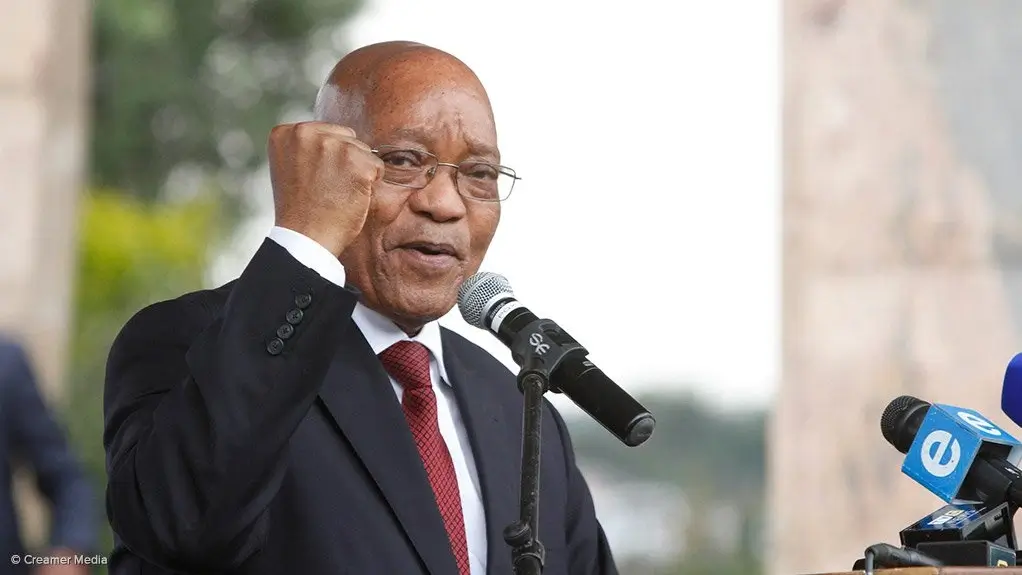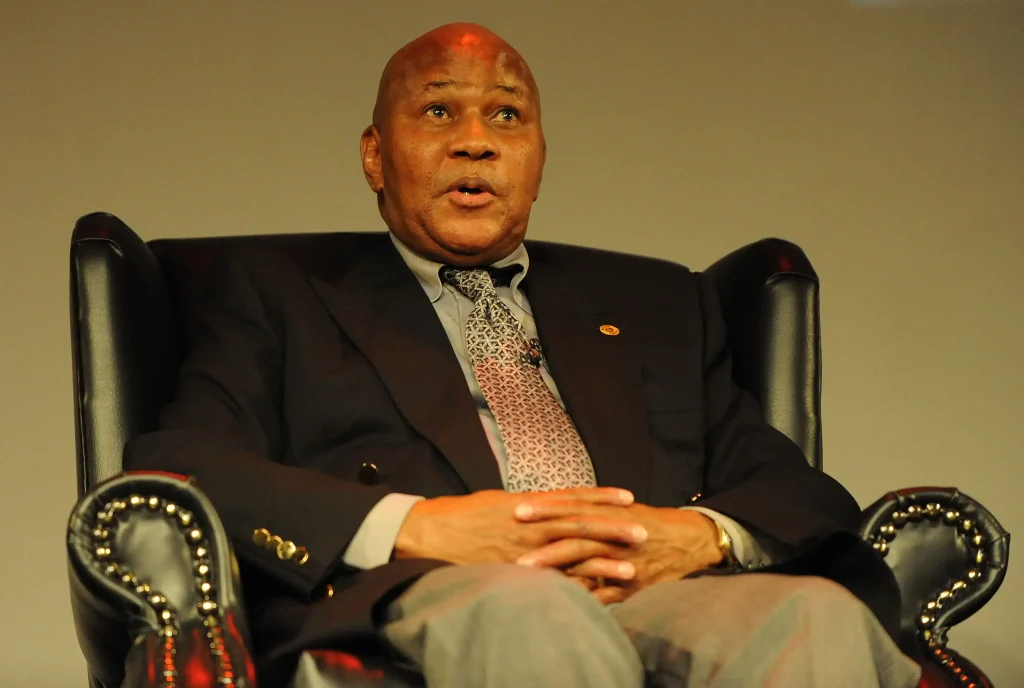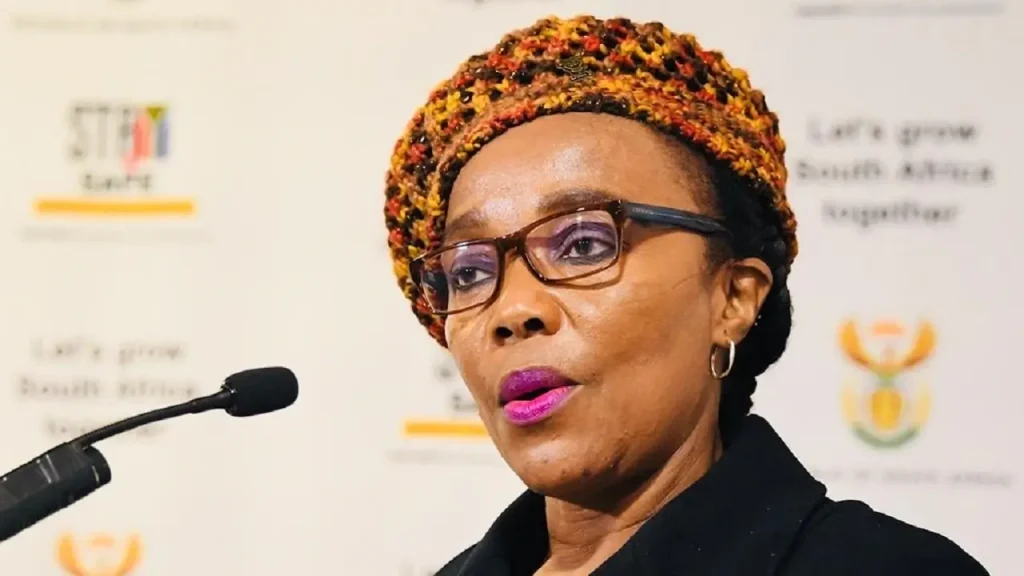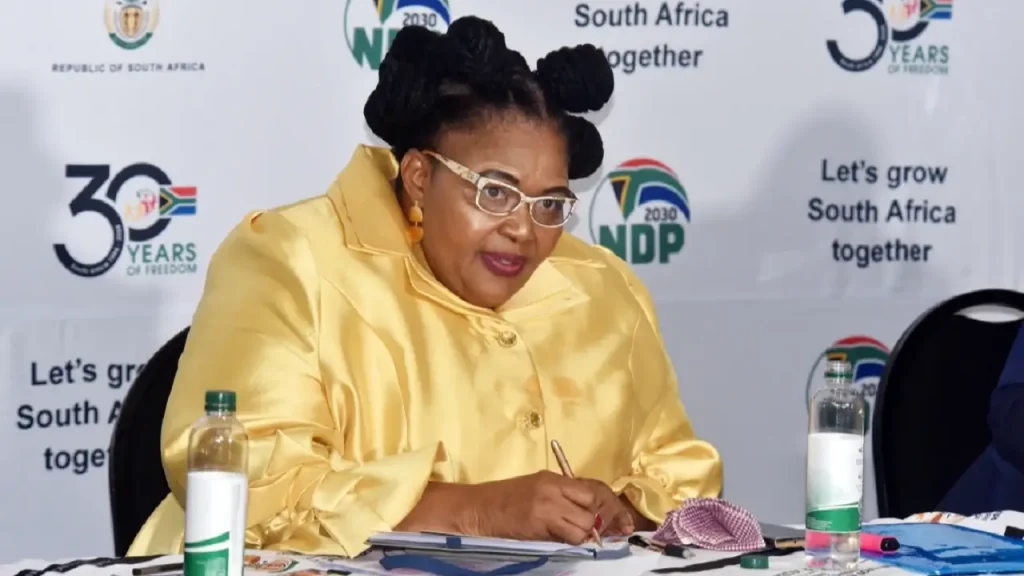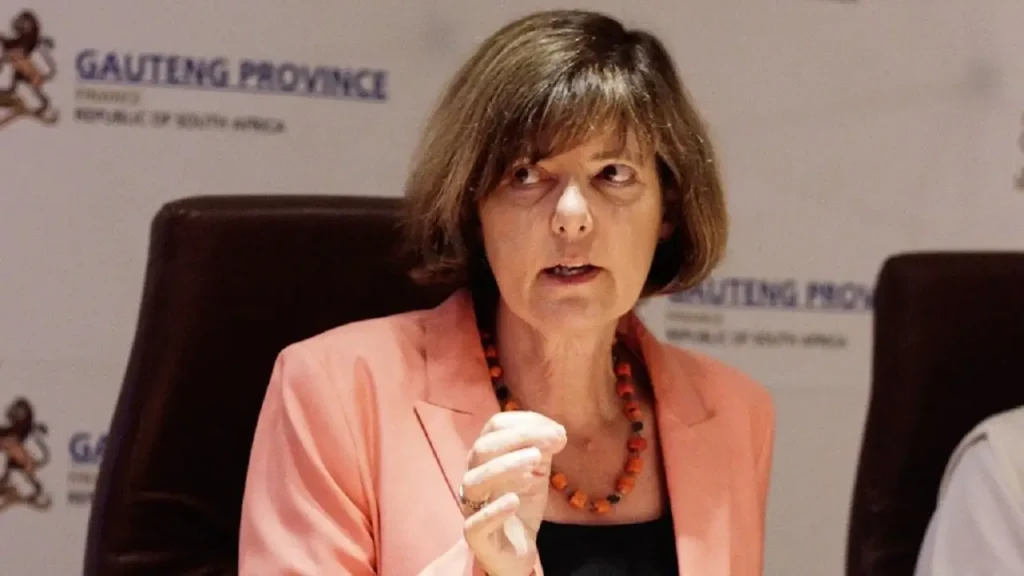Quick Facts About Jacob Zuma
| Category | Fact |
|---|---|
| Full Name | Jacob Gedleyihlekisa Zuma |
| Date of Birth | April 12, 1942 |
| Place of Birth | Nkandla, KwaZulu-Natal, South Africa |
| Political Party | African National Congress (ANC) |
| Years Active | 1959 – Present |
| Position | 4th President of South Africa (2009-2018) |
| Education | No formal education; received political education through ANC |
| Key Positions | Deputy President of South Africa (1999-2005), President (2009-2018) |
| Spouse(s) | Several, including Nompumelelo Ntuli, Sizakele Khumalo, and others |
| Children | Over 20 children from multiple wives |
| Political Affiliation | African National Congress (ANC) |
| Controversies | Corruption charges, Nkandla scandal, state capture allegations |
| Legal Issues | Convicted of contempt of court in 2021; ongoing corruption trial |
| Cultural Influence | Strong advocate of Zulu traditions, including polygamy |
Jacob Gedleyihlekisa Zuma, one of South Africa’s most controversial political figures, served as the 4th President of South Africa from 2009 to 2018. Known for his deep roots in the anti-apartheid struggle, Zuma’s political career was marked by both acclaim and scandal. His journey from humble beginnings to the presidency reveals the complexities of South Africa’s political landscape in the post-apartheid era.
Early Life and Education
Jacob Zuma was born on April 12, 1942, in the rural village of Nkandla, KwaZulu-Natal, in a deeply segregated and divided South Africa. He was raised in a rural Zulu-speaking household, and his early life was characterized by poverty and hardship. Zuma lost his father when he was very young, and his mother, Gcina, raised him in a small village.
Due to financial constraints and the oppressive political climate of apartheid South Africa, Zuma was unable to attend formal schooling for much of his early life. He only completed his education at a later stage, focusing primarily on political education and learning the fundamentals of activism.
The Early Political Struggle
Zuma’s political involvement began when he joined the African National Congress (ANC) in 1959 at the age of 17, driven by a desire to fight for the rights of Black South Africans under the apartheid regime. His membership came at a time when the ANC was banned, and he became involved in underground activism. Zuma also joined the ANC’s military wing, Umkhonto we Sizwe (MK), which was founded by Nelson Mandela and others to engage in armed struggle against apartheid.
In 1963, Zuma was arrested for his involvement in anti-apartheid activities and sentenced to 10 years in prison. He spent most of this time on Robben Island, alongside other notable political prisoners, including Nelson Mandela. After his release in 1973, he continued his role in MK, working on various strategic operations from exile, particularly in neighboring countries like Mozambique, Zambia, and Tanzania.
Rise Through the Ranks
Jacob Zuma’s rise within the ANC ranks is marked by his skillful navigation of the complex political landscape of South Africa. After the unbanning of the ANC in 1990, Zuma returned to South Africa and rapidly climbed the political ladder. In 1997, he became the Deputy President of the ANC under President Thabo Mbeki.
In 1999, Zuma was appointed Deputy President of South Africa, serving under Mbeki. His popularity surged during this time, largely due to his strong stance on issues such as HIV/AIDS and his appeal to the rural Zulu community.
However, Zuma’s tenure as Deputy President was marred by corruption allegations. In 2005, Zuma was dismissed from his post as Deputy President after his financial advisor, Schabir Shaik, was convicted of corruption. Zuma was charged with corruption as well, though he maintained his innocence, claiming political persecution.
Presidency (2009-2018)
Zuma was elected President of South Africa in 2009, succeeding Thabo Mbeki after a bitter leadership contest within the ANC. As President, Zuma focused on economic growth, job creation, and poverty reduction, but his tenure was also dogged by numerous scandals, including accusations of financial mismanagement, corruption, and sexual assault.
One of the most notable scandals of Zuma’s presidency was the “Nkandla scandal,” which revolved around the use of public funds to renovate his private residence in Nkandla, KwaZulu-Natal. A report by the Public Protector concluded that Zuma had unduly benefited from these renovations, leading to widespread protests and calls for his resignation.
Zuma’s presidency was also marked by significant economic challenges, including rising unemployment rates and economic inequality. Despite this, he remained a popular figure among some ANC factions, particularly those who felt he was more connected to the rural poor.
Zuma’s relationship with the ANC leadership became increasingly strained during his second term. In 2017, after a series of scandals and declining public support, the ANC leadership demanded his resignation. Zuma eventually stepped down as president in February 2018, following immense pressure from both within his party and the public.
Post-Presidency and Legal Challenges
After stepping down as president, Zuma remained a significant figure in South African politics. In 2019, he was tried for corruption related to the arms deal scandal in the late 1990s. His legal battles continued, and he faced charges of money laundering and fraud. His trial, which lasted several years, was seen as a test of South Africa’s ability to combat political corruption.
Zuma’s health and personal life also attracted attention during his post-presidency years. In 2021, Zuma was sentenced to 15 months in prison for contempt of court after he failed to appear at an inquiry into state capture (a term referring to corruption within government institutions). His imprisonment sparked violent protests across South Africa, particularly in KwaZulu-Natal and Gauteng.
Personal Life
Jacob Zuma has been married multiple times and has numerous children. His polygamous lifestyle has been both a source of cultural pride and controversy. He is a devout follower of Zulu traditions and often defends his way of life, which includes polygamy, in the face of criticism. Zuma’s personal life has been the subject of much media scrutiny, particularly regarding his relationships with women and his legal issues related to sexual assault charges.
Legacy
Zuma’s legacy remains divisive in South Africa. He is celebrated by some for his role in the liberation struggle against apartheid, his ability to connect with the country’s poor and rural populations, and his efforts to maintain ANC unity. However, his presidency was marred by corruption scandals, the erosion of state institutions, and an economic decline that some argue was exacerbated by his policies. Zuma’s political maneuvering and his influence on South African politics continue to shape the nation’s political future.

